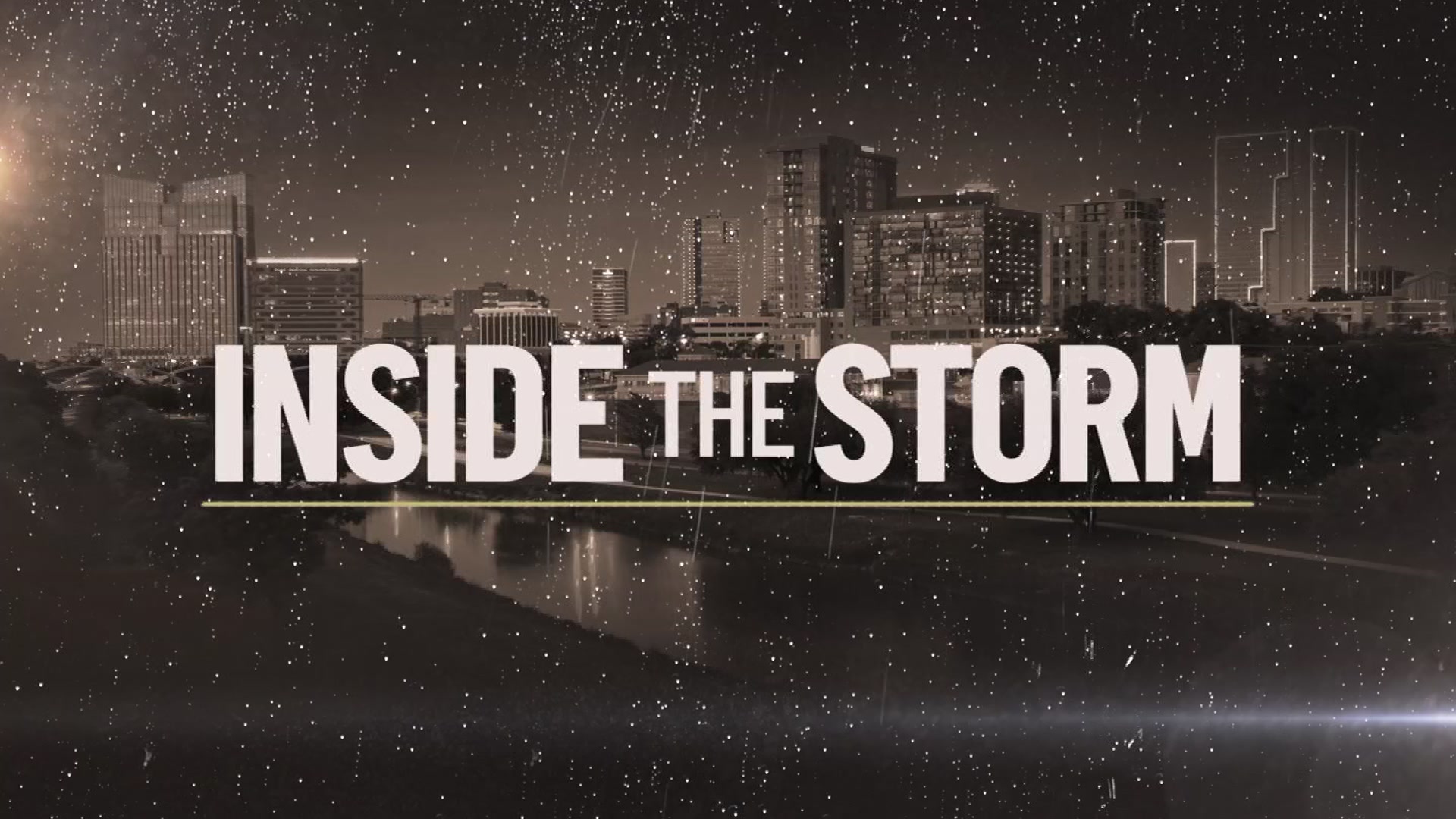Remember Christmas Day with temperatures in the 80s? Those high temps helped make last month the hottest December in Texas since at least 1889, state Climatologist John Nielsen-Gammon said.
Gammon found that temperatures from Dallas through Abilene to Del Rio averaged 5 to 9 degrees above normal, according to a Texas A&M University news release issued Monday.
Nielsen-Gammon is the school's regents professor of atmospheric sciences.
Nielsen-Gammon also said last month would likely prove to have been the warmest Texas winter month on record. February 2017 currently holds that distinction.
Get DFW local news, weather forecasts and entertainment stories to your inbox. Sign up for NBC DFW newsletters.
"It's like the entire state moved south for the winter," Nielsen-Gammon said. "Amarillo got Dallas's normal temperatures, Dallas got Corpus Christi's normal temperatures, and Austin got Brownsville's normal temperatures."
The official state record for the warmest December is held by December 1933, at 53.3 degrees. The 20th-century average for December is 46.9 degrees, he said.
Texas seasonal temperatures have been 2 degrees warmer on average than in the 20th century because of climate change, the climatologist said.
"Global warming didn't cause this December to be record-setting, but it did contribute to the margin of victory," he said.
The unseasonably warm temperatures have also been worsening drought conditions throughout the state. According to the U.S. Drought Monitor, more than two-thirds of the state is in a drought, and 10 percent is in an extreme drought.
Weather Connection
Connecting you with your forecast and all the things that make North Texas weather unique.
"In much of West Texas, it hasn't rained for over two months," Nielsen-Gammon said. "The high temperatures increase the rate of evaporation, drying out everything and leading to increased wildfire risk."
Current Drought Monitor




